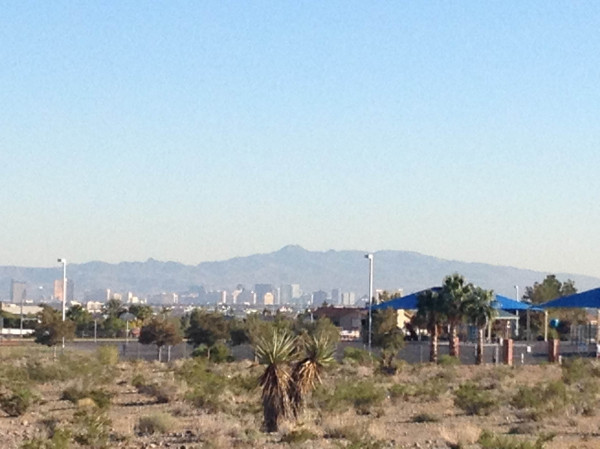“Free” market means exactly that: buyers and sellers agreeing on a price. It’s impractical, however, for buyers and sellers to negotiate every single transaction. Imagine if the supermarket clerk haggled with you on every gallon of milk, every red bell pepper. You’d never make it out of the store, and we’d all end up losing valuable time in the process. So retailers set their prices accordingly. Buy the milk for $2.50, or don’t.
Some people like milk so much that they’d pay more than that, say $3.60. Others would buy only if the price lowered to $2.25. You could argue that the grocer is losing money on the former group of customers, and could be enjoying another $1.10 profit per gallon. You could also argue that concurrently, the grocer is failing to win the business of the latter group: by lowering the price by 25¢, the grocer could sell more milk.
Again, you can’t do this as a practical matter. You set the price somewhere in the middle, in our example $2.50, and that way you can enjoy as reasonable a profit as possible – without having to worry about scaring off bargain shoppers nor giving diehard milk enthusiasts too good of a deal. At $2.50, everyone’s as close to happy as possible.
Office Depot sells a case of 24 half-pint bottles of Nestle Pure Life water for $5, and you have several choices:
- Shop around for something cheaper, and good luck
- Buy a Brita filtration system
- Go without, and just drink out of the tap
- Fill up your tub before disaster strikes.
Sellers aren’t stupid, mostly. Office Depot knows that if they raised the price to $6, they’d lose too many customers. Office Depot wouldn’t sell enough water to justify stocking it. But if Office Depot lowered the price to $4, they’d sell too much of it. How is it possible to sell “too much” of a product? That’s easy, when you’re not getting a big enough margin over cost. If Office Depot buys the water from a wholesaler for, say, $2.50 for a 24-pack, that obviously means $2.50 profit at current prices. Lower the profit to $1.50, and Office Depot would be leaving money on the table. Maybe they’re leaving money on the table as it is, and the $5 price is just to get people in the store. Either way, $5 isn’t so high that no one buys, and isn’t so low that the store runs out.
Add a natural disaster, and it’s interesting to see how government functionaries panic. Several states have “anti-gouging” laws that prevent merchants from setting prices in response to market demand. This is no different, in principle or in effect, from setting a maximum on the price of Apple stock or on an ounce of gold. The idea is to “protect” the consumer, and it doesn’t work. It never works.
Here’s the problem. A customer who’s worrying about Hurricane Sandy goes into Office Depot, happens to be the first one in the door, sees the $5 price, and immediately buys the entire display of 100 packs. Can’t be too careful, right? It’s an emergency! $500 might be a bargain if there’s no water available for weeks.
And now, no one else can buy water. It’s all gone.
So the retailer sets a limit. 5 packs per customer, whatever. So instead of all but 1 person going without bottled water, now, all but 20 do.
But knowing that there’s going to be increased demand for bottled water, what if Office Depot were to quadruple its price?
When a case costs $20, people start thinking.
- Do I really need all this water?
- Could I economize, maybe get along with as few bottles as possible?
Raising the price to $20 means that only the most motivated buyers are going to buy. Artificially maintaining the $5 price, in light of increased demand, decimates supply. Office Depot knows it might be a while before it can get more water from the wholesaler, who’s probably not going to be able to deliver any more in the near future. Either way, fixing the $5 price causes shortages – the very opposite of what you want to have happen (and what market forces dictate) in a natural disaster.
The North Carolina Attorney General speaks of “unfair profit”, as if an Act of God leading to the certainty of a dwindling supply is somehow the retailer’s fault.
This isn’t just anti-American, it’s inefficient. Again, prices should be agreed upon by buyer and seller without a 3rd party poking its nose in and claiming to be on the side of liberty and justice. If a seller sells bottled water that turns out to be tainted with E. coli, or if the buyer tries to pay with counterfeit bills, that’s when government should get involved. But when two parties agree to exchange a fixed amount of money for a fixed amount of a good, government intervention only causes problems far greater than the alleged one it’s trying to correct.
(Thanks to Darwin’s Money for the inspiration.)



